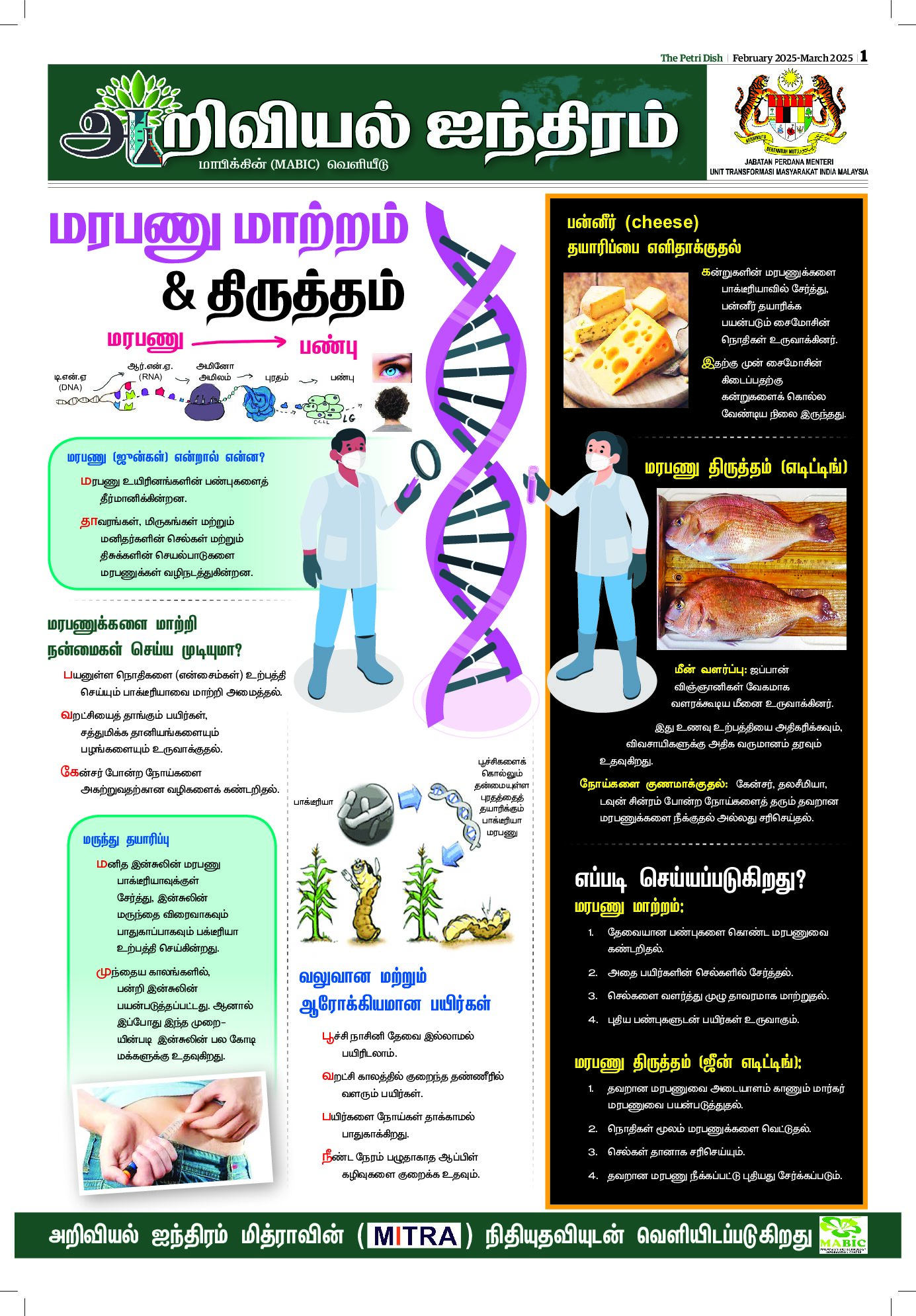USING CRISPR-Cas9, researchers at the Army’s Institute for Collaborative Biotechnologies and the University of California Santa Barbara were able to target a specific gene tied to fertility in male mosquitoes. The study, published in the Proceedings of the National Academy of Sciences, discerned how a mutation can suppress the fertility of female mosquitoes.
The research team mutated a gene in mosquitoes that specifically caused male sterility without otherwise impacting the insects’ health. Using gene editing in Aedes aegypti mosquitoes, the researchers found that the mutant male mosquitoes produced no sperm, and unlike in previous efforts, the sterile studs were completely healthy. The team was unsure whether sperm was needed to render female mosquitoes infertile, or whether the transfer of seminal fluid was all it took. In one experiment, they introduced 15 mutant males into a group of 15 females for 24 hours. Then they swapped the males for 15 wild-type males and left them there.
The researchers found that all the females remained sterile, confirming that males could suppress female fertility without producing sperm. Next, the researchers looked into how timing played into the effect. They exposed females to mutant males for different lengths of time. They noticed little difference after 30 minutes, but female fertility quickly dropped after that. They noted that females copulated twice on average, even during the first 10 minutes, indicating that females have to mate with many sterile males before being rendered infertile themselves.
The research team observed that combining females and males for four hours cut female fertility to 20% of normal levels. After eight hours, the numbers began leveling out around 10%.










